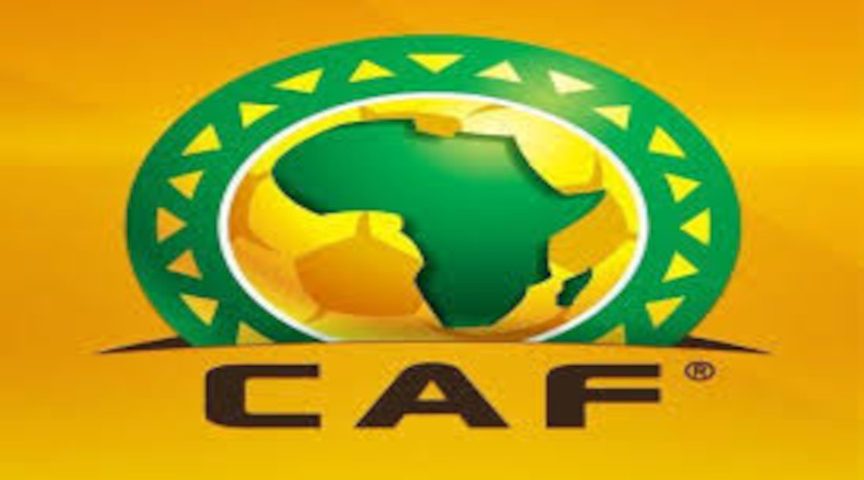Politics and Sport Collide (Part One) – The Root Cause
CHAN Opens
January 14, 2023
The Seventh CHAN
January 21, 2023Politics and Sport Collide (Part One) – The Root Cause

By Satish Sekar © Satish Sekar (January 13th 2023)
The Dispute – the Political Cause of the Football Stand-off
It’s common knowledge that North-African neighbours Algeria and Morocco are embroiled in a ‘football’ spat that threatens the integrity of the seventh African Nations Championship (CHAN). But the truth is this dispute has nothing to do with football or sport. The origins of this dispute are purely political and are deep-rooted too.
In 1994 the border between Algeria and Morocco was closed. The dispute has festered ever since. In 2021 the national airlines were banned from each other’s airspace. This led to the FRMF demanding confirmation that their team would be allowed to fly directly to Constantine, where their Group was to be based, on their national airline on December 22nd 2022.
The governing body of Moroccan football, the Fédération Royale Marocaine de Football (FRMF) said that the CAF told them that they had received provisional approval for that to happen, but official confirmation never came. In football terms this was what the dispute was about, but its roots were deeper and political – it wasn’t about football.
A Complicated Decolonisation Process
In 1975 Spain reached agreement with Mauritania and Morocco to decolonise rapidly. It’s an unusual situation that relates to the pre-colonial era, as the occupants, such as they were before Spain claimed the land in 1884 were nomadic tribes. Morocco and Mauritania claimed portions of the territory with Spain’s approval as Spain sought to decolonise rapidly. Morocco and Mauritania occupied the Western Sahara.
Mauritania later withdrew its claim and Morocco incorporated the Western Sahara into what is now the Kingdom of Morocco – the post-colonisation conflict has lasted almost half a century in various phases. It flared up again after the Polisario Front announced an end to the 1991 ceasefire and resumption of the armed struggle in 2020.
Unarmed Sahwari demonstrators, blocking the crossing point into Sub-Saharan Africa, were dispersed by Moroccan forces, which led the Polisario Front to declare that Moroccan forces had to completely withdraw from Western Saharan territory, which the Moroccans refused to do. The conflict and rhetoric escalated, leading to the current unexpected sporting consequences. Unfortunately, despite the assurances, politics and sport are inextricably linked and this conflict shows no sign of resolution.
Further Context
Through the Madrid Accord of 1975, Spain effectively ceded control of the decolonisation process to Mauritania and Morocco – it was supposed to be a temporary process, but it has resulted in a conflict that has lasted the best part of 50 years. The International Court of Justice (ICJ) ruled that while there were ties between Western Sahara and Mauritania and Morocco, those ties did not justify a claim of sovereignty over Western Saharan territory by either nation.
Both the ICJ and Madrid Accord called for a referendum to ensure that the people of the Western Sahara were given the right to self-determination, even though it was said that there was no original claim to the land before Spain claimed it and placed it under its ‘protection’ in 1884.
Further Complications
The situation was further complicated by the fact that some of the land that was contested was desert originally occupied by nomadic tribes. Now, the wishes of the occupants had to be considered before any permanent solution could be reached. The ICJ accepted that some tribes accepted allegiance to Morocco’s Sultan at the relevant time but that this was not enough to justify a claim of sovereignty over that land despite the different character of the Moroccan State at that time – pre-Colonial.
In the relevant period, Mauritania’s claims were based on the Shinguitti and the nomadic people who resided there at that time. The Court ruled that the nomadic peoples of the Shinguitti country possessed rights, including some rights relating to the lands through which they migrated. These rights constituted legal ties between Western Sahara and the Mauritanian entity. These ties were crucial to the maintenance of life in the region even though there were no established borders of the relevant territories prior to Spain taking control of the Western Sahara.
The ICJ concluded that neither Mauritania nor Morocco had territorial claims on Western Sahara that could be sustained. This was bolstered by the opinion of the United Nations Office of Legal Affairs, which said that decolonising powers could not simply hand over colonised nations to other countries. The UN recognised the Polisario Front as the sole legitimate representative of the Sahrawi people in 1976. But diplomatic recognition came and went – only 39 countries recognise the Sahrawi Arab Democratic Republic and Morocco will not give up its claim and control lightly. This conflict will linger on and the sporting implications will fester. This is unlikely to be the last time politics interferes with sporting ties between these North-African neighbours.

